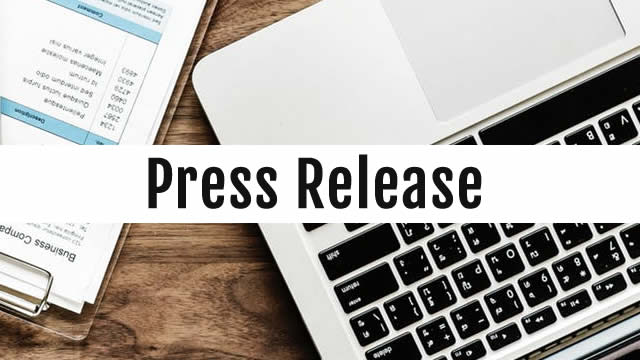enGene Holdings Announces Three Poster Presentations at the 2025 Annual Meeting of the American Society of Clinical Oncology (ASCO)
enGene Holdings, a leading clinical-stage genetic medicines company, recently announced three poster presentations at the prestigious 2025 ASCO Annual Meeting. The presentations will feature the latest data on the Company’s non-viral lead investigational product, detalimogene voraplasmid, in high-risk, BCG-unresponsive NMIBC with CIS.
Poster Presentations
The poster presentations will showcase data from the ongoing pivotal study of detalimogene in this patient population. The first poster will focus on the safety and efficacy of the investigational therapy in patients with high-risk NMIBC and CIS. The second poster will delve into the mechanism of action of detalimogene, providing insights into how it works to treat this condition. The third poster will discuss the potential impact of detalimogene on quality of life in these patients.
Impact on Patients
For individuals diagnosed with high-risk NMIBC and CIS, the results of these studies could mean a new treatment option. Currently, BCG immunotherapy is the standard of care for these patients, but it can be ineffective for some, leading to the need for more aggressive treatments like radical cystectomy. Detalimogene offers a non-viral, targeted approach that could provide a more effective and less invasive treatment option.
- Non-viral, targeted approach: Detalimogene uses a non-viral gene delivery system, which could reduce the risk of adverse reactions associated with viral vectors.
- More effective: Preclinical data suggests that detalimogene may be more effective than BCG in treating high-risk NMIBC and CIS.
- Less invasive: Detalimogene could potentially eliminate the need for radical cystectomy in some patients.
Impact on the World
The potential impact of detalimogene on the world goes beyond individual patients. If successful, this investigational therapy could transform the way we approach the treatment of high-risk NMIBC and CIS. It could lead to improved patient outcomes, reduced healthcare costs, and a shift away from more invasive treatments.
- Improved patient outcomes: Detalimogene could provide a more effective and less invasive treatment option for patients with high-risk NMIBC and CIS.
- Reduced healthcare costs: By offering a less invasive treatment option, detalimogene could help reduce the overall cost of care for patients with this condition.
- Shift in treatment paradigm: The success of detalimogene could lead to a shift in the treatment paradigm for high-risk NMIBC and CIS, potentially making gene therapy a more widely adopted approach.
Conclusion
enGene Holdings’ announcement of three poster presentations at the 2025 ASCO Annual Meeting marks an exciting step forward in the development of detalimogene voraplasmid for the treatment of high-risk, BCG-unresponsive NMIBC with CIS. The potential impact of this investigational therapy on individual patients and the world as a whole is significant, offering the promise of a more effective, less invasive, and cost-effective treatment option. As the data from these studies continues to be presented and analyzed, we look forward to seeing how detalimogene will transform the way we approach the treatment of this condition.
Stay tuned for further updates on this developing story.





